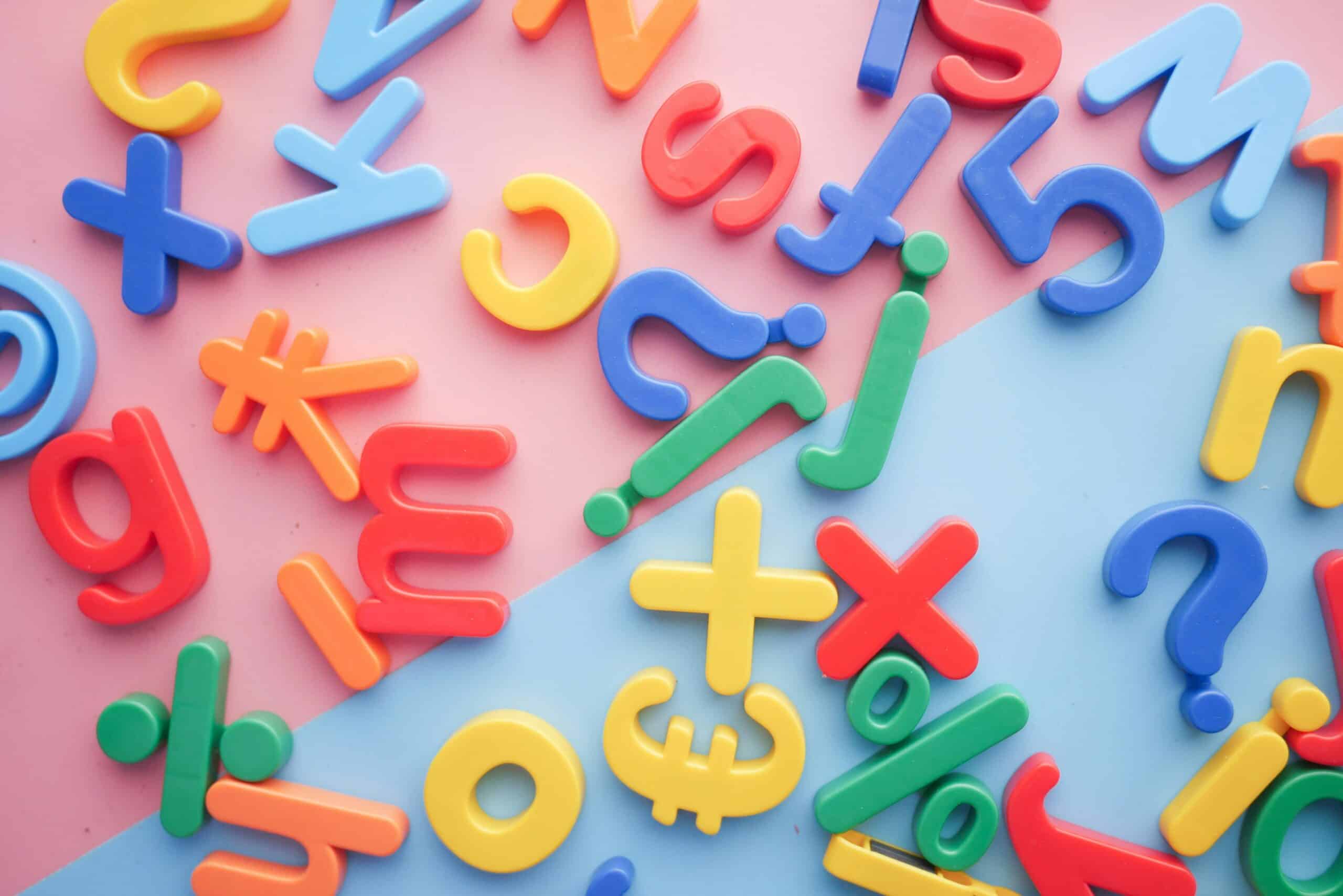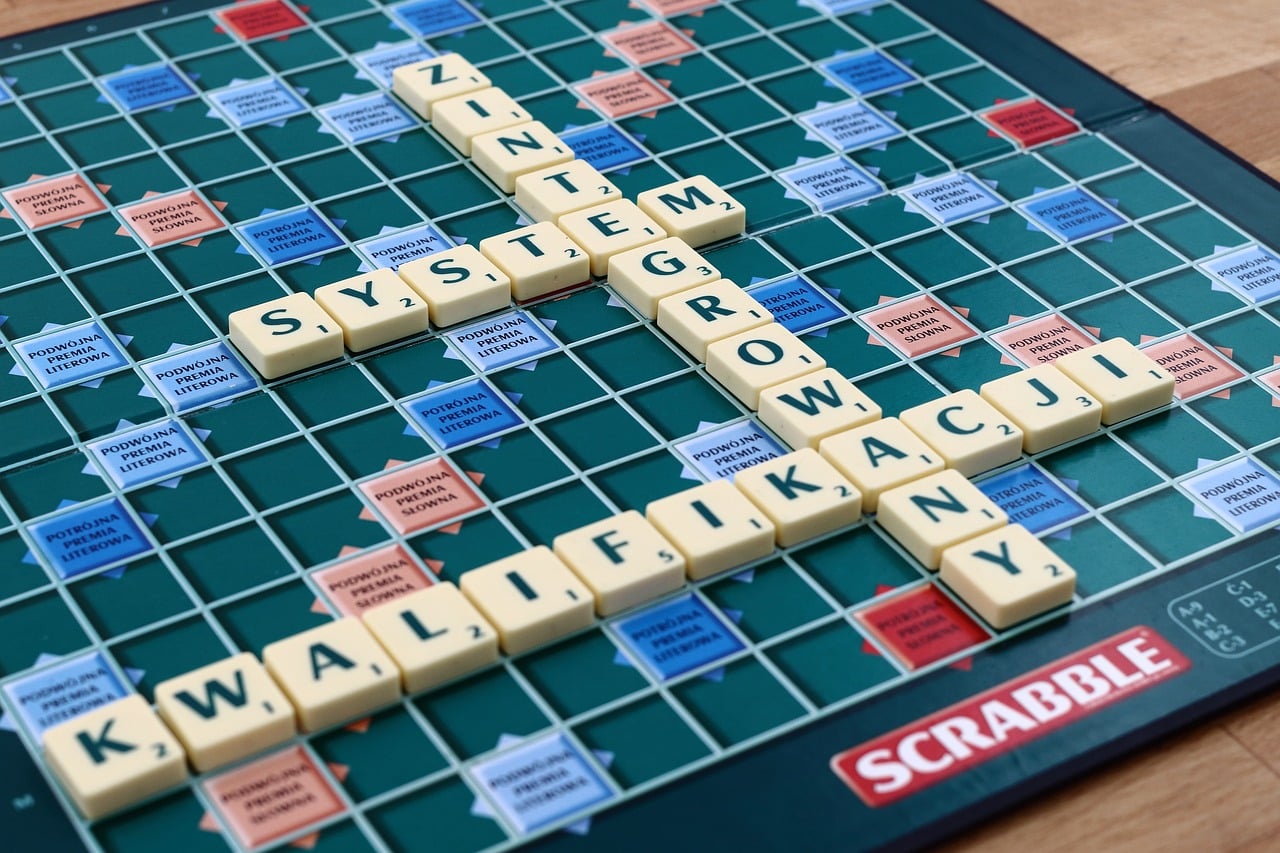Educational games for toddlers are an effective instrument for supporting early childhood development. They transform learning from a structured task into an engaging experience. When toddlers engage in interactive gameplay, their minds access improved cognitive development in an amusing way. These interactive learning games for toddlers attract young minds through colorful visuals, engaging sounds, and hands-on activities. In this way, they can engage in an effective learning session that is also engaging.
These games are usually played on digital devices like computers, tablets, and smartphones, and they provide a variety of engaging and interactive learning experiences for young children. Young children are inherently curious, with a strong drive to explore and learn about their surroundings.
Furthermore, academics and educators recognized the power of game-based learning to improve engagement, motivation, and learning outcomes in early childhood education. Studies began to look at the cognitive, social, emotional, and behavioral consequences of game-based learning, highlighting its usefulness in developing critical thinking, problem-solving, teamwork, creativity, and digital literacy.
Tips for Choosing the Most Effective Educational Games
Deciding on optimal educational games for toddlers requires considering some tips. Parents should ensure that the option matches their child’s stage in development. These games suggest features like child-friendly colors, various shapes, and activities for developing critical problem-solving. Many learning games provide guidelines, positive feedback, and gradual complexity progression. Choose activities that allow your child to be an actor in their own learning—this is the notion of active teaching, as opposed to a simple spectator. The participatory element of games encourages players to take the initiative, test ideas, and evaluate their impact.
As any toddler requires to develop their physical and mental health, parents should include games that provide physical activities and learning. Multi-sensory games that ensure repeated interactions and sound can enhance the learning experiences. You can also opt for games that allow parents to participate since this way you increase parental authority and clarify the learning process.
Games provide the child the confidence to become a team participant and to understand how to be accountable for her own learning. Young children learn to compete against each other when playing games at home, and later to encourage one other during other learning activities in the classroom. Simple activities that help cognitive growth include memory and matching, as well as bingo with animal graphics or colors. To add to the enjoyment, have your child assist make homemade versions of these games using their favorite colors and animals.

Recommended Educational Games
If you’re seeking for apps and games that not only keep young children entertained, but also encourage them to explore, learn, and express themselves, something might be recommended. Not all computer games contain violence, and there is a large body of literature arguing that their immersive and interactive environment will provide learning benefits such as the development of reasoning and problem-solving abilities, inference skills, and dealing with multiple layers of information.
There are three basic types of games with game-like elements that offer significant instructional potential while simultaneously providing opportunities for progression and skill improvement. Interactive stories, simulated environments, and adventure games are typically aimed at the domestic market, so understanding these characteristics is critical if you want to provide high-quality games with a diverse range of opportunities within your early childhood learning environment.
For toddlers, simple matching games that feature household objects can effectively improve their memories and explain how to categorize. Similar learning games, like shape sorters, can also help develop problem-solving abilities and enhance a child’s creativity. Music-centric ones, for example, introduce your children to rhythm—they can be used to support music development, with digital music play working in tandem with traditional music play in the form of converged music play.
Learning apps, when used moderately, can complement conventional academic learning. These educational games for toddlers emphasize interaction instead of passive watching. Their puzzle games support logical thinking, while counting games aim to introduce simple math for the littlest ones. Additionally, suggested memory games improve a child’s focus on a task and cognitive flexibility. So, playing memory games can improve other brain functions, such as attention, concentration, and focus. Memory games give space to critical thinking and that helps children nurture their attention to detail. Memory games can improve visual recognition.
Final Thoughts: Improved Learning Experience
Studies have shown that educational games can have a positive impact on children’s academic performance and increase their motivation to learn. By engaging in interactive gameplay, children can reinforce key concepts and skills across different subjects. The hands-on approach of educational games allows children to practice and apply what they have learned, leading to better retention and understanding of the material. While games can significantly enhance learning, they should complement instead of replacing conventional education and physical activities. However, you should precisely observe your child’s reaction to various games after you limit their screen time to prevent early addiction.
In addition to enhancing academic performance, educational games help children develop a wide range of essential skills that go beyond the classroom. These games promote problem-solving, critical thinking, creativity, teamwork, and more, while making learning fun and engaging. By engaging in gameplay, children can strengthen their cognitive abilities, improve their problem-solving skills, and develop critical thinking skills. Learning must be regular to grant your child to be excited—necessarily engage with them in both digital games and alternatives. Most importantly, celebrate your toddler’s achievements and progress, no matter how small, as this builds confidence and motivation to continue learning.
By incorporating educational games into their learning experiences, parents and educators can provide children with valuable tools to supplement their education. These games offer a fun and interactive way to reinforce key concepts and skills, making the learning process more enjoyable and effective. Whether used in the classroom or at home, educational games have the potential to enhance academic performance, develop essential skills, and foster a love for learning in children. Moreover, by effectively engaging students during instruction, digital educational games allow teachers to foster significant involvement.
